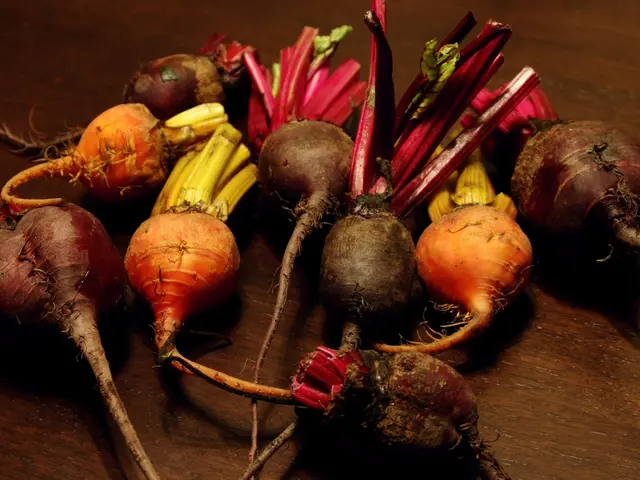Food Options Post-Oral Surgery
After undergoing oral surgery, such as tooth extraction or dental implant procedures, it is crucial to follow a soft-food diet that promotes healing and prevents complications. Dr. Nathan Janowicz, DMD, shares his recommendations for food to eat and avoid during this recovery period.
The diet after oral surgery depends on the individual patient and the specific procedure, but a general guideline involves consuming soft, easy-to-chew foods that do not require much chewing and will not irritate surgical sites.
**Recommended Foods to Eat**
Yogurt, particularly plain, unsweetened Greek yogurt, is a high-protein food that aids in tissue repair. It also contains probiotics, which help balance oral bacteria, making it gentle to swallow. Mashed potatoes, rich in vitamin C and potassium, have a soft texture that supports healing and is easy to consume without chewing. Applesauce provides vitamin C and fiber for immune support and digestion, with a smooth texture that won’t irritate wounds. Scrambled eggs are a soft protein source with vitamins A and B12, which boost immune function, and are easy to eat without chewing. Instant oatmeal, once the initial sensitivity subsides, is soft and nutritious, but should be introduced cautiously, especially after wisdom teeth removal. Soups and broths are nutrient-rich and warm, soothing and hydrating without chewing effort.
Cold, soft foods like ice cream can be soothing and easy to consume after surgery, but should be lukewarm rather than very cold to avoid sensitivity and discomfort.
**Foods and Drinks to Avoid**
Hard, crunchy, or chewy foods, such as nuts, popcorn, chips, seeds, jerky, and tough meats, should be avoided as they can injure healing tissues, dislodge blood clots, or get stuck in extraction sites. Spicy and acidic foods, like hot peppers, spicy sauces, citrus fruits (oranges, lemons), tomatoes, and vinegar, can irritate sensitive oral tissues and delay healing. Foods and drinks at extreme temperatures (very hot or very cold) can increase pain and sensitivity; they should be consumed at room or lukewarm temperature until healing progresses.
It is also advisable to avoid straws to prevent dislodging blood clots, which are essential for healing after tooth extraction.
Following these dietary recommendations supports tissue regeneration, reduces discomfort, and helps prevent infection after oral surgeries. Soft, protein-rich, and nutrient-dense foods like yogurt, eggs, mashed potatoes, and applesauce are key staples in the initial recovery phase, while avoiding irritating and hard foods reduces complications. As healing progresses, patients can gradually reintroduce more solid foods into their diet.
During the recovery period from oral surgery, eating soft, easy-to-chew foods such as scrambled eggs, mashed potatoes, and applesauce can aid in healing and prevent complications. On the contrary, hard, crunchy, or chewy foods like nuts and seeds should be avoided as they can injure healing tissues and promote complications. To maintain health and wellness during this time, it is recommended to include soft, protein-rich, and nutrient-dense foods recommended by the science of nutrition, such as yogurt and soups, in one's diet while avoiding foods and drinks that could irritate or delay the healing process.








